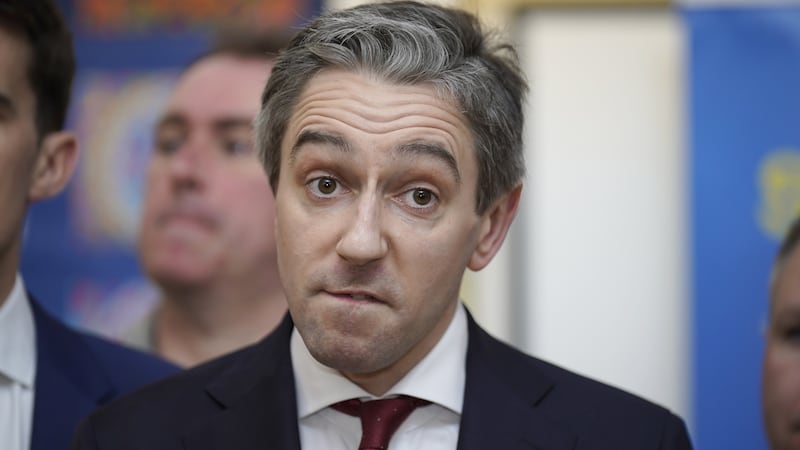CONCERNS about the dilution of a proposed law which would lead to prosecutions for those involved in medical cover-ups are already mounting as a public consultation closes.
The might of trade unions such as the British Medical Association - staunchly opposed to the move - along with the nature of the consultation process itself have led campaigners to question how committed the Department of Health is to delivering the key recommendation of a 14-year public inquiry.
Inquiry chair Sir John O'Hara QC was unequivocal in his 2018 report about what was required to enact root and branch change.
His exposure of an "indefensible" culture in which doctors behaved "evasively, dishonestly and ineptly" led him to call for what one lawyer described as the 'nuclear bomb' of an individual Duty of Candour - with criminal sanctions for those health professionals who failed to disclose serious failings.
It took a further three years for the department to launch a public consultation on the issue and when they did they asked people to also consider alternatives including legislation compelling individuals to tell the truth about mistakes - but without threat of prosecution.
An organisational duty of candour is also on the table - which many accept will be easily pushed through - with the north falling into line with other parts of the NHS.
Trade unions representing NHS staff have set out their stall as to why the legislation for individuals will create fear, particularly among young medics, and "make things worse" in relation to openness and learning.
BMA chief Tom Black branded a law with criminal sanctions as "extraordinarily punitive" and warned it will severely impact on recruitment during a workforce crisis and unprecedented pressures.
While accepting his profession has a "case to answer" for the damning hyponatraemia findings, the veteran GP believes this new legislation is the wrong way to go about it and will lead to victimisation.
For young doctors entering the profession and working in high pressure specialties such as ICU or A&E departments, their fears about the consequences of such a law are understandable.
However, for a bereaved father like Alan Roberts who has spent 25 years fighting to get answers about the failings that led to his nine-year-old daughter's death, the need for legislative change is more pressing than ever given what has happened post-O'Hara.
From Muckamore Abbey Hospital abuse to the neurology recall, the scandals that have broken since 2018 all share the same depressingly familiar themes about a culture that allowed wrongdoing to happen in plain sight.
Despite the O'Hara inquiry concluding the health service has "most definitely been transformed since the period under review" with "greatly improved mechanisms" to "reduce the risk of recurrence" of serious harm and to "learn from", what has emerged suggests otherwise.
The fact that three public inquiries all relating to health have been ordered in the past year and for a population of just 1.9 million people is a damning indictment of existing regulatory systems.
The buck now stops with health minister Robin Swann as to what happens next following his officials' assessment of the individual duty of candour consultation responses, which stand at more than 300.
Nuclear option it may be but what's clear is that some type of major change is desperately needed to prevent the mistakes of the past repeating themselves.






